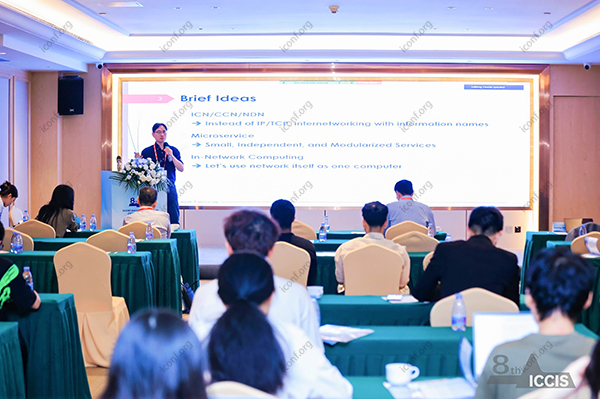With hundreds of academic conferences taking place around the world each year, deciding which ones to attend can be challenging — especially for students and early-career researchers. While some conferences are highly prestigious and beneficial, others may offer little academic value or even be considered “predatory.” So, how can you tell if a conference is truly worth your time and resources?
Here’s a practical guide to help you evaluate a conference before committing.

Start by looking into who is organizing the conference. Is it hosted by a recognized academic society, university, or professional association? Well-established organizers often have strict standards for paper review, session quality, and speaker selection.
Be cautious if the conference is run by unknown entities or commercial groups with vague credentials.
A legitimate academic conference will have a transparent and rigorous peer review process for submitted papers. Look for:
Mention of blind or double-blind reviews
A clearly listed technical or program committee
Acceptance rates (if available)
If the review process seems unclear or too fast, it may signal low quality or poor academic standards.
Find out where accepted papers are published. High-quality conferences often publish proceedings with well-known publishers and are indexed in respected databases like:
Scopus
EI Compendex
Web of Science
If the publication outlet is obscure or the indexing status is not clearly stated, the academic value may be limited.
Scan the list of keynote speakers and session chairs. Are they recognized experts in the field? Do their institutions or research backgrounds align with the conference topic?
A strong lineup of speakers usually reflects a well-curated and academically credible event.
Check if the conference is recurring and how long it has been running. Established conferences with multiple past editions and stable hosting partners are generally more reliable.
Review previous programs or published proceedings to see the kind of work the conference attracts.
Make sure the conference aligns with your research field and career goals. Even a high-quality conference may not be beneficial if it doesn't match your academic focus.
Ask yourself:
Will I learn something new?
Can I present to the right audience?
Will there be networking opportunities with relevant scholars?
Some warning signs that a conference may not be worth attending include:
Overly broad or unrelated topics lumped into one event
High fees with little explanation of benefits
No real academic affiliation
Aggressive emails or spam-style invitations
Such conferences often lack academic integrity and offer minimal value.
Choosing the right academic conference can boost your research visibility, expand your network, and enhance your academic record. But making the wrong choice wastes time, money, and effort.
To discover reliable, peer-reviewed, and field-specific academic events, explore iconf.org — a curated platform that lists only high-quality conferences trusted by scholars worldwide.